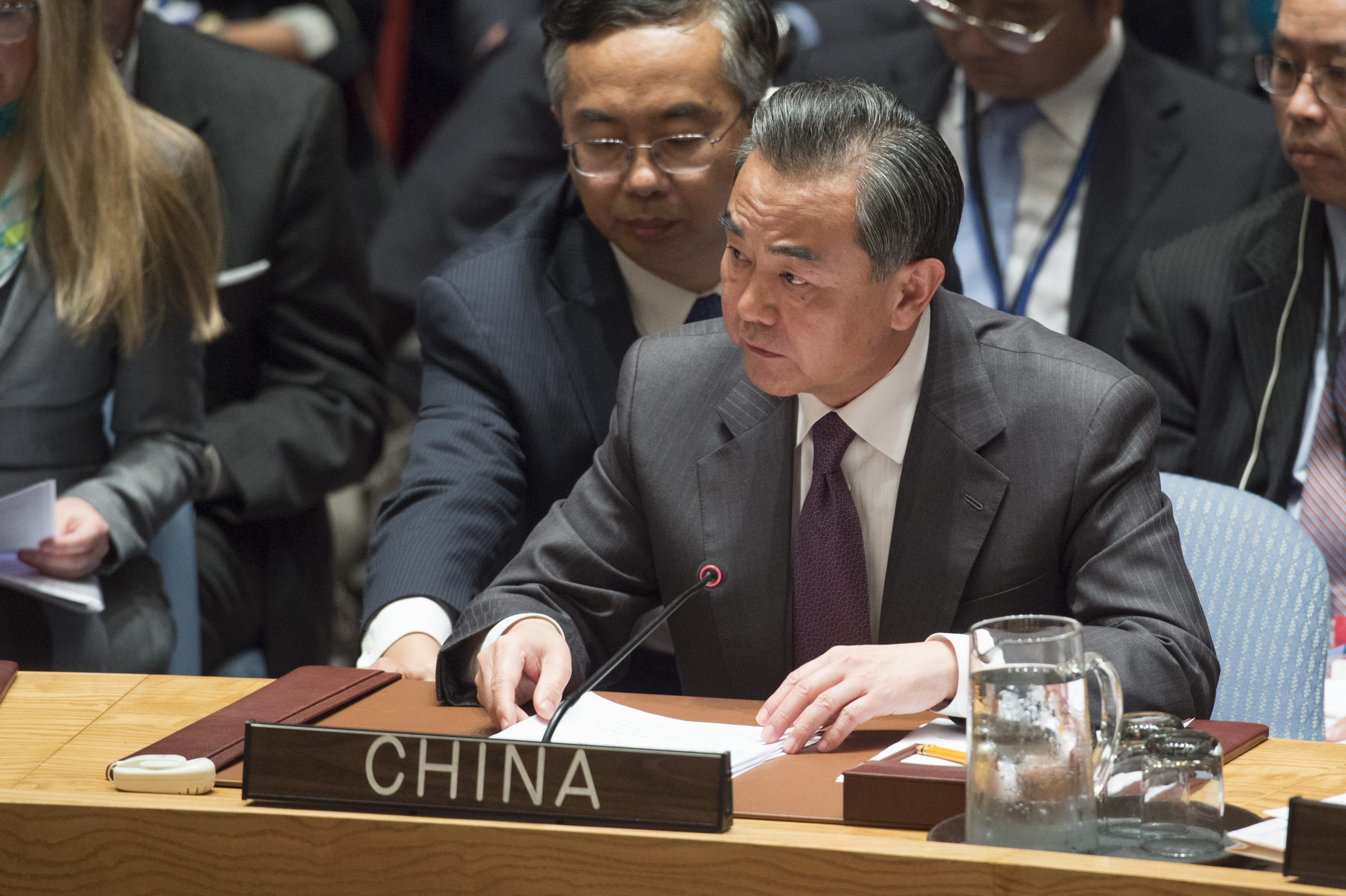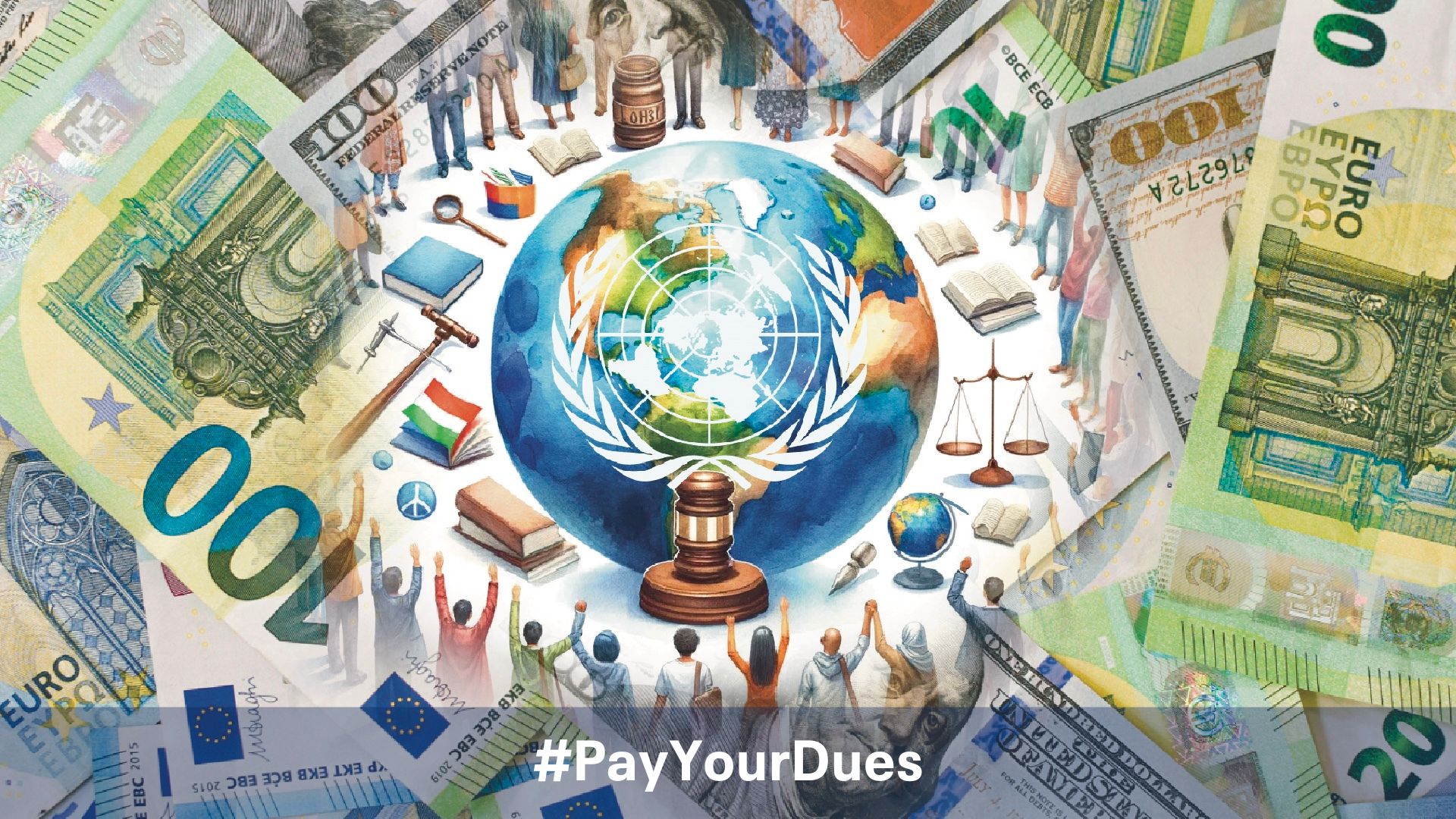请点此以阅读中文版。
At the 42nd session of the UN Human Rights Council in Geneva, nine States and the European Union have expressed grave concerns over systemic and widespread human rights violations in China, in particular in Xinjiang and Hong Kong. Notably, Czechia took principled action in calling by name for the release of human rights defenders Wang Quanzhang, Yu Wensheng, Tashi Wangchuk and Huang Qi. The Czech delegation also rightfully recalled that ‘lasting security and prosperity can’t be achieved by champing down on human dignity and freedoms.’
‘Generic references are not enough; States committed to the protection of human rights defenders should be publicly mentioning specific cases and names,’ says Sarah M Brooks, Asia advocate at ISHR. ‘In this way, the international community recognises them and their important and legitimate work, and can combat Chinese officials’ efforts to categorise individual dissent as a societal danger.’
International monitoring, access key for protection of minorities’ rights
In this session, calls for unfettered access to the People’s Republic of China for international independent observers have been reiterated by Australia, the United Kingdom, the Netherlands, Germany, and Sweden. We welcome in particular the reference made by the latter three, together with Norway, to the joint letter sent by a cross-regional group of 25 States on 8 July to the High Commissioner and the President of the Human Rights Council, expressing collective concern over the situation in Xinjiang.
Since China’s review by the CERD Committee in August 2018, a growing body of UN evidence is unraveling the ongoing systemic suppression of cultural and religious rights and identity for Muslim minorities in Xinjiang, which may amount to crimes against humanity. In its annual report presented to the Council last week, the Working Group on Enforced or Involuntary Disappearances expressed its concerns over the mass detention of Uighurs, and the trend of extraterritorial abductions.
In response to China’s blunt denial of such evidence during the Working Group’s dialogue with States, its Chair, Bernard Duhaime, highlighted that the body of experts ‘continue to receive allegations regarding enforced disappearances in such facilities in the Xinjiang region, where families, relatives and representatives are unable to be in contact with persons [inside]’. In addressing the Council, ISHR expressed its solidarity with all victims of enforced disappearances by the Chinese government – be they defenders or their family members – and called on China to promptly end this inhumane practice.
Despite this ad hoc attention, no sustained or coordinated effort was made to advance calls for accountability for mass internment and other repressive policies targeting Uyghurs and other Muslim minorities.
The failure of the rule of law
In a joint open letter published on 9 September, ISHR and 13 other international rights groups have denounced the absence of rule of law in China at the root of systemic human rights abuses, from Hong Kong to western regions of Tibet and Xinjiang.
‘The Chinese government weaponises the law for political control, increasingly characterising any difference or dissent as terrorism, subversion, or a threat to national security’, says Brooks. ‘While China attempts to cover up egregious violations under the pretense of legality, the international community should be rethinking the narrative they use and the assistance they offer’.
On 12 September, four UN experts reacted with alarm to the ongoing repression of mass protests in Hong Kong, where peaceful protesters have been framed as ‘splittists’ and criminally charged as ‘rioters’. The experts called on the authorities to ‘strictly observe the principles of necessity and proportionality’ and on the police to ‘distinguish violent elements from peaceful protesters, who must be free to express their views’. Iceland, Czechia, the United Kingdom, France and the EU also shared concerns over the situation in their statements to the Council.
This stands in contrast to limited and ambivalent statements by the High Commissioner.
‘The High Commissioner’s failure at the current session of the Human Rights Council to unequivocally support the right to protest in Hong Kong, and to speak out in solidarity with those seeking respect for human rights, justice and the rule of law, has been deeply disappointing. Even more so has been her reticence to speak out on ongoing, widespread and systematic violations in the mainland, from potential crimes against humanity in Xinjiang, to harassment and ill-treatment of human rights defenders across the country’, said ISHR executive director, Phil Lynch.
‘We encourage the ongoing bilateral discussions with the authorities, including on meaningful access to Xinjiang, but this cannot be a brake on the High Commissioner’s important function of standing up for human rights – whether for cultural heritage and identity in Xinjiang and Tibet, or for brave protestors promoting democracy and confronting police violence,’ said Lynch.
A pervasive and persistent practice of reprisals
Along with Burundi, Egypt, Saudi Arabia, and the Democratic Republic of Congo, China is extensively mentioned in the Secretary-General’s annual report on cooperation with the UN. The report documents cases of reprisals against defenders who sought to share information with the UN or even attend training sessions on human rights mechanisms, as a result punishing those who bravely expose rights abuses on the international stage and deterring others from doing so. Cases mentioned in the report include woman human rights defender Chen Jianfang; Chinese lawyer Jiang Tianyong; and Uyghur advocate Dolkun Isa, who even as the report was made public, was the subject of a recent letter sent by China warning other States not to meet with him.
‘From Chinese airports to the hallways of the UN, the Chinese State has stepped up efforts to bar dissenting voices from accessing international fora,’ says Brooks. ‘Nothing runs more contrary to genuine commitment to uphold human rights than repeated intimidation and retaliation against those who wish to learn from and share information with the UN and the international community.’
Obstructing access and work of human rights defenders should never be acceptable action, much less from a Council member. But rather than meaningfully engage with criticisms about this behaviour, or respectfully respond to requests for independent access and unbiased information, China continues to obfuscate, dilute and attack information from civil society sources.
We urge all States and the UN to continue to set the record straight, jointly pressing for meaningful answers to the broad range of violations across China.
For more information, please contact Sarah M Brooks (at [email protected] or Twitter @sarahmcneer); or Raphael Viana David (at [email protected]T or on Twitter at @vdraphael).
Photo: UN Photos (NY)




